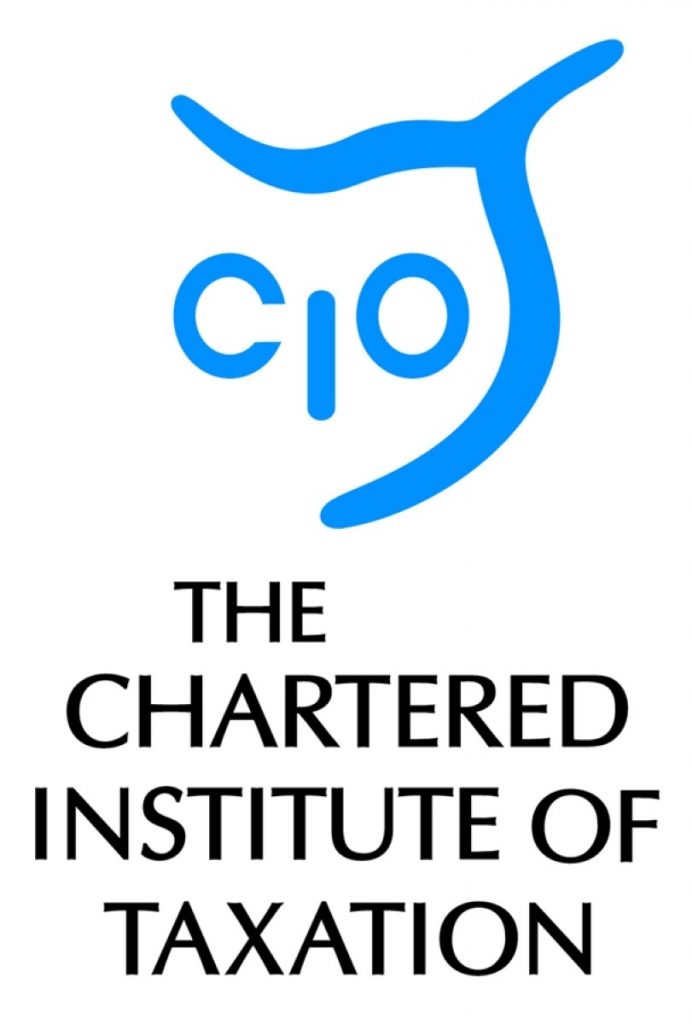Publicity critical for smooth transition to Scottish Rate of Income Tax
The Scottish Government is expected to propose its initial rate for the SRIT when it publishes its draft budget for 2016-17 in the autumn. The SRIT is due to take effect from 6 April 2016.
Moira Kelly, Chair of the CIOT’s Scottish Technical Sub-Committee, said:
“There is no better cure for ignorance than publicity, which will be critical in the run-up to April next year when the Scottish Parliament will implement the SRIT, affecting the rates of income tax applicable to non-savings income of Scottish taxpayers. Its introduction represents a significant change for employers and taxpayers who remain in limbo until the announcement. They will need to be privy, at an early stage, to the requisite level of information to know exactly who will be affected and how.
“But, before a major publicity campaign can be launched, there needs to be guidance available to enable people to interpret the legislation correctly, for example concerning Scottish taxpayer status, including guidance aimed specifically at employers.
“In our response, we raised a number of concerns among which was the decision taken by HMRC and the Scottish Government that it was not necessary for details of the SRIT to be shown separately on a P60 form; this will significantly reduce transparency for employees and pensioners.
“In addition, unlike the Scottish Landfill Tax and the Land and Buildings Transaction Tax, the SRIT differs in that it will directly affect many more taxpayers in Scotland including many of the most disadvantaged; pensioners for example.
“Finally, we are concerned that while the emphasis has been placed on raising awareness at an early stage with employers and pension providers (though there remains room for improvement), not enough has been done to publicise the SRIT among advisers and agents.”
Notes to editors
1. The original documents issued as a Call for Evidence by the Finance Committee of the Scottish Parliament, can be accessed here.
2. The response of the Chartered Institute of Taxation can be read in full, here.





-01.png)